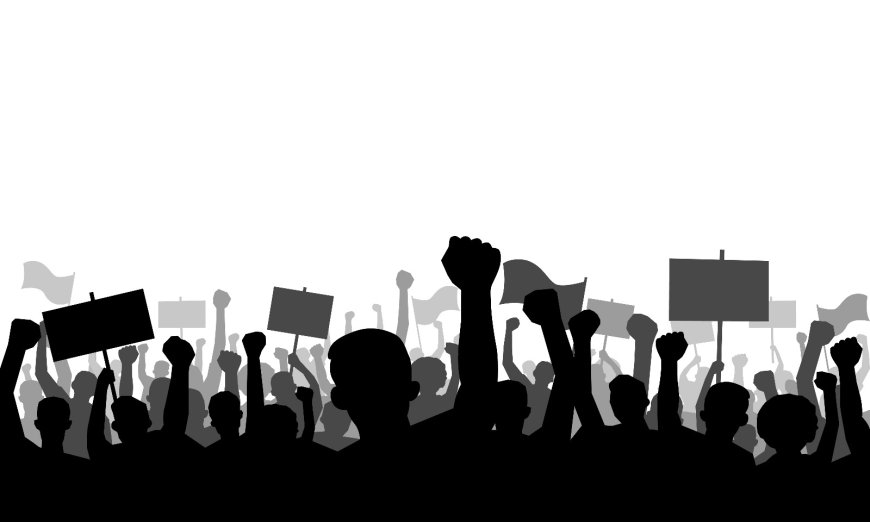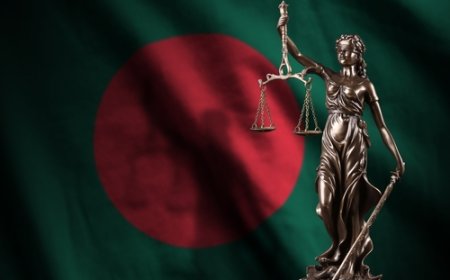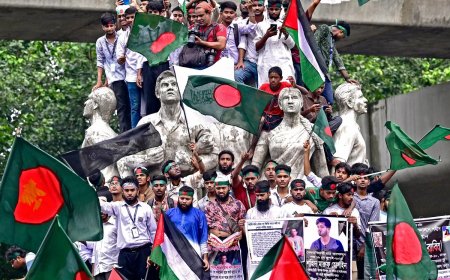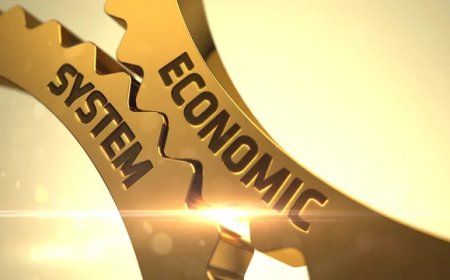The July Uprising was just the start. The real test is now
The energy that brings down a regime is not the same as the one that builds a republic. It is the time to demonstrate that the spirit of the uprising can mature into a just and democratic order

Since the fall of the fascist Awami League regime in August, Bangladesh has seen an extraordinary proliferation of movements.
From student protests to citizens’ alliances to cultural collectives, dozens of initiatives have emerged in the aftermath of the uprising. This is a mark of political vitality. But it also reveals something more complex: a national mood still shaped by the instincts of revolt, rather than the habits of governance.
The demands of the July uprising were not modest. They were not simply about removing a government, but about dismantling the political machinery that had enabled authoritarianism to survive for so long. At the heart of that demand was a call for a new constitutional framework. One that would restore accountability, equality, and justice to public life. That call remains unanswered.
In the absence of that structural change, many movements today are trying, in their own way, to correct the imbalance. They are reacting to the slow pace of reform, to the unfinished trials, to the perceived restoration of old hierarchies in new forms. Their anger is not illegitimate. It reflects the disappointment of those who risked everything for a better future, only to find that the foundations of injustice remain largely intact.
But this moment also demands reflection. The energy that brings down a regime is not the same as the one that builds a republic. The uprising is a rupture. It makes the impossible possible. But what comes after uprising requires a different kind of strength. One grounded in discipline, coordination, and the moral authority to lead not just in opposition, but in construction.
This is not a theoretical concern. When the people of Egypt rose up in 2011 and toppled a dictator, it was a moment of global inspiration. But the democratic forces that led the uprising were not prepared to build durable institutions. They struggled to form consensus or offer a coherent alternative.
In that vacuum, the military returned to power. What began as a democratic spring ended in a harsher winter.
By contrast, South Africa's transition away from apartheid was marked by a deliberate, negotiated process. The African National Congress, after decades of resistance, invested in institutional seriousness. Its governance has faced many challenges, but the democratic framework endured.
The question before us is whether we can do the same. Discipline, in this context, does not mean silence or surrender. It means having the foresight to build alliances, the patience to prioritize, and the courage to stay the course even when the tide of popular mood shifts. It means recognising that not every grievance can be addressed at once, and that justice is not secured through outrage alone, but through the slow and steady construction of legitimate institutions.
This is not a call to abandon protest. It is a call to elevate it into a coherent programme of national reconstruction. We must remain impatient with injustice, but patient in how we correct it. That is not a contradiction. It is what responsible politics requires.
Those who now seek to carry forward the aspirations of the July Uprising shoulder a responsibility that goes beyond words. They are expected to model a politics that is different; not only in rhetoric, but in method. Their legitimacy will depend not on how forcefully they speak of the uprising, but on how faithfully they build the republic it envisioned.
This is not the time for drift. It is the time to demonstrate that the spirit of the uprising can mature into a just and democratic order. That we can not only reject what was broken, but construct what is worthy of our people’s hopes.
Khaled Saifullah is Joint Convener, National Citizen Party.
What's Your Reaction?














































































